Britain braced for 'polar plume': what's causing the cold weather?
Hopes of a warm and sunny bank holiday weekend dashed as cold air mass blows in from the Arctic

A free daily email with the biggest news stories of the day – and the best features from TheWeek.com
You are now subscribed
Your newsletter sign-up was successful
Britain is braced for snow, hail and gale-force winds this week as a "polar plume" blows in from the north causing temperatures to plummet.
The balmy temperatures experienced last week "will fast become a distant memory" as the weather system lingers over the country until the end of the week, says the Daily Telegraph.
There was widespread frost in rural parts of the country this morning, with snow and sleet a possibility in northern England and Scotland until Tuesday. Low pressure will bring rain to much of the country on Wednesday.
The Week
Escape your echo chamber. Get the facts behind the news, plus analysis from multiple perspectives.

Sign up for The Week's Free Newsletters
From our morning news briefing to a weekly Good News Newsletter, get the best of The Week delivered directly to your inbox.
From our morning news briefing to a weekly Good News Newsletter, get the best of The Week delivered directly to your inbox.
The mercury could plummet to -6C overnight in some parts of the country over the next few days, while daily temperatures will struggle to reach 13C.
The cold weather comes just days after Britain basked in what is expected to be the warmest April on record, but will now go from being hotter than Cairo last week to being colder than Stockholm this week.
The icy blast is the result of "a genuinely cold air mass” moving down from Iceland, Greenland and the Arctic, explains Steven Keates from the Met Office.
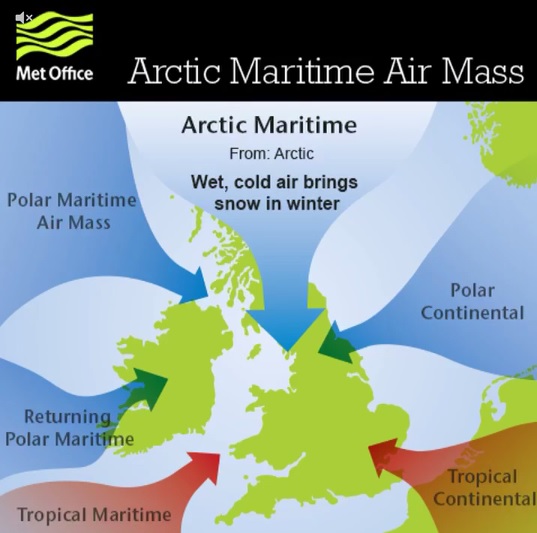
"It's going to be a bit of a shock to the system," he said. "The whole week is going to be really quite cold and strong winds will only accentuate the effect."
A free daily email with the biggest news stories of the day – and the best features from TheWeek.com
The bank holiday weekend is expected to be cold and unsettled, with gales expected in Scotland and northern England.
The Met Office also dashed hopes of another heatwave in the coming weeks. "The first half of May is looking fairly unsettled," said Keates. "Temperatures will be below average and there is still a risk of frost."
-
 Buddhist monks’ US walk for peace
Buddhist monks’ US walk for peaceUnder the Radar Crowds have turned out on the roads from California to Washington and ‘millions are finding hope in their journey’
-
 American universities are losing ground to their foreign counterparts
American universities are losing ground to their foreign counterpartsThe Explainer While Harvard is still near the top, other colleges have slipped
-
 How to navigate dating apps to find ‘the one’
How to navigate dating apps to find ‘the one’The Week Recommends Put an end to endless swiping and make real romantic connections
-
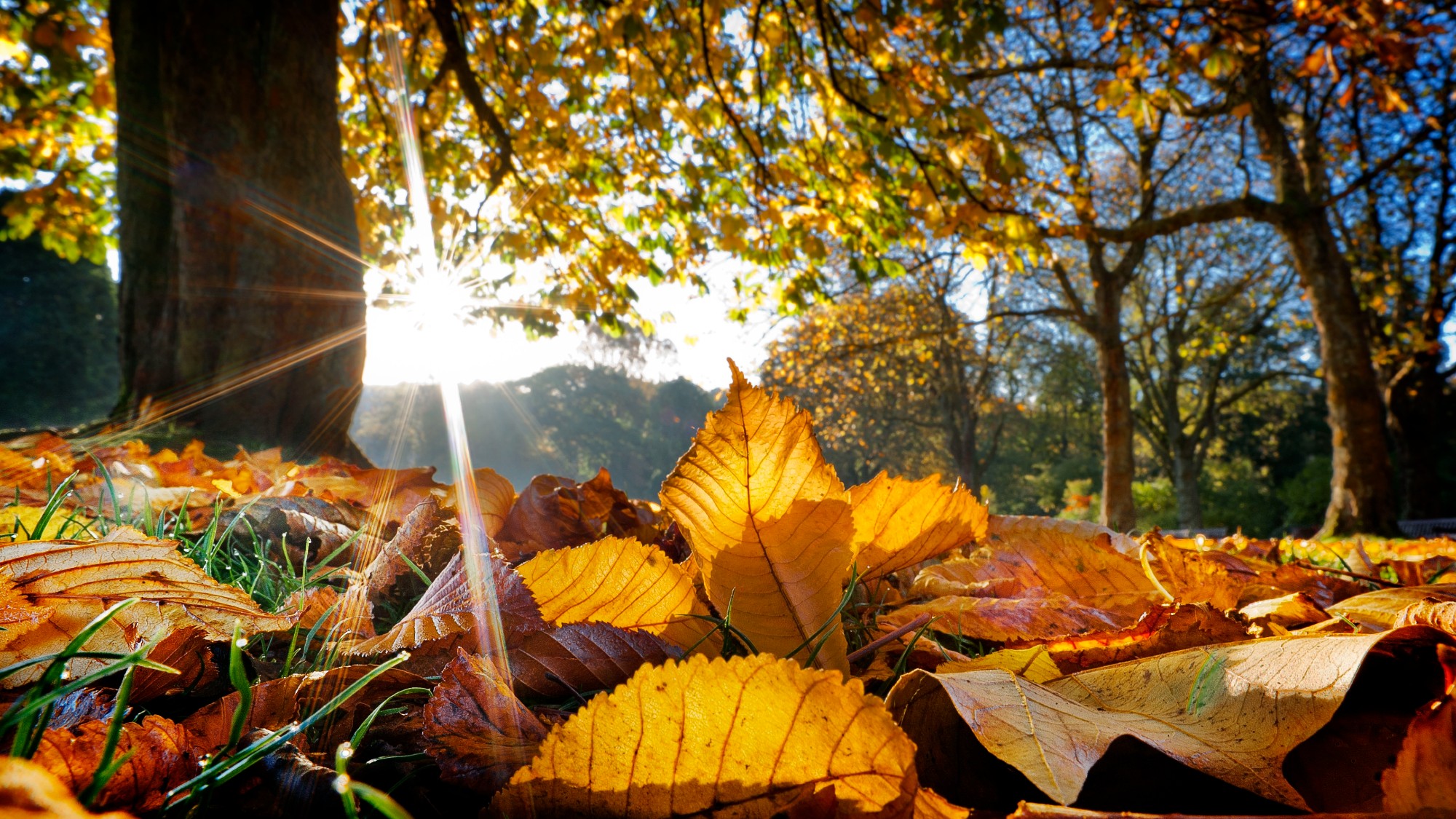 When does autumn begin?
When does autumn begin?The Explainer The UK is experiencing a 'false autumn', as climate change shifts seasonal weather patterns
-
 Why the weather keeps getting 'stuck'
Why the weather keeps getting 'stuck'In the Spotlight Record hot and dry spring caused by 'blocked' area of high pressure above the UK
-
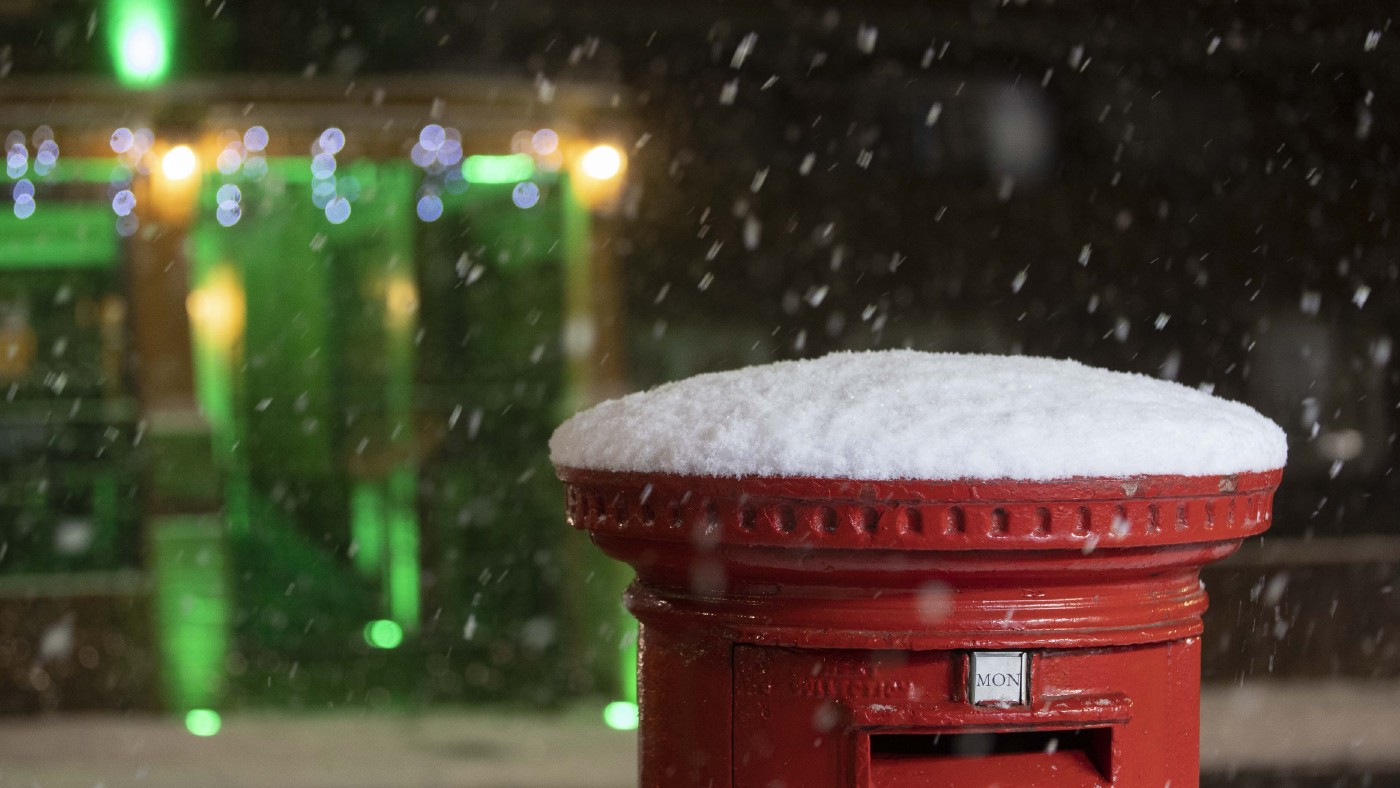 How cold does it have to be to snow?
How cold does it have to be to snow?feature Different ground and air temperatures lead to rain, sleet or snow
-
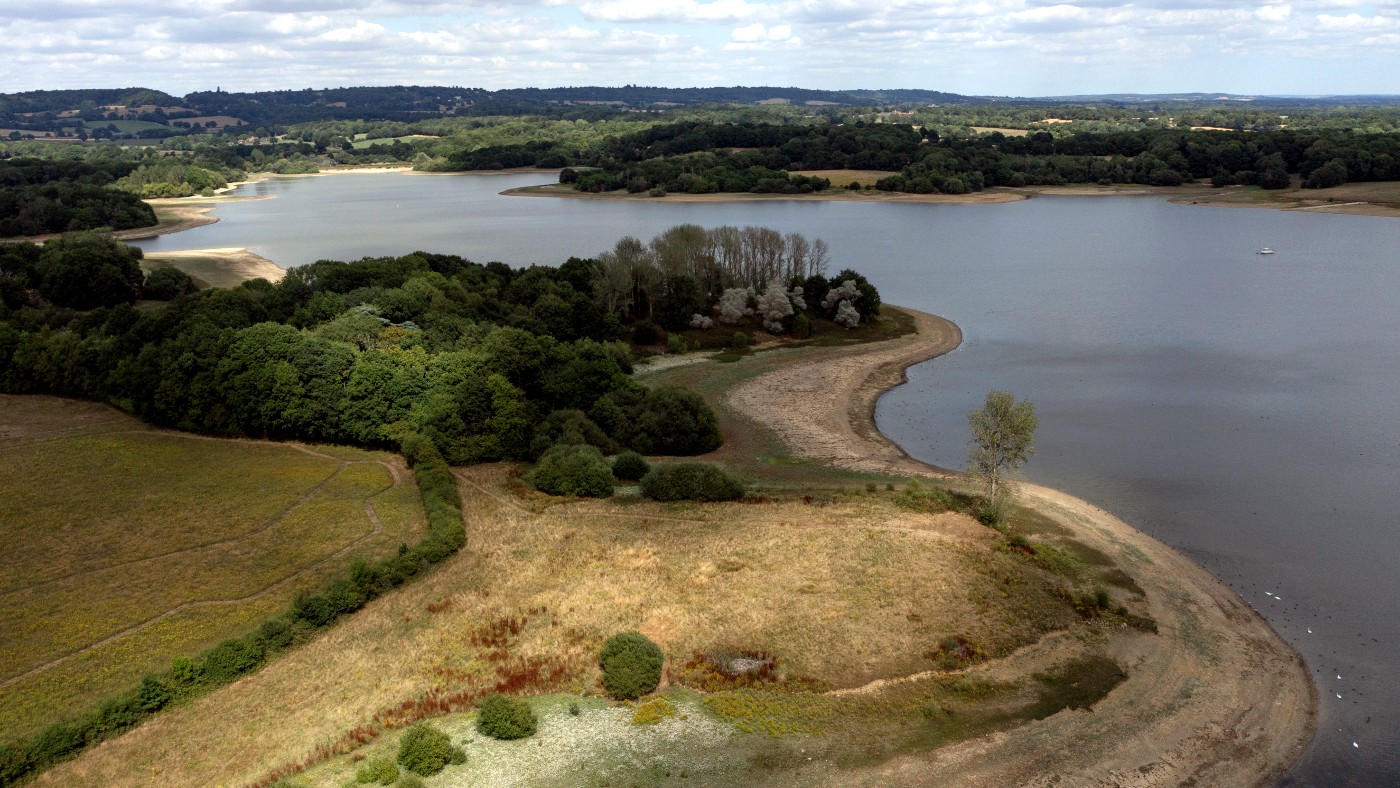 Britain is getting wetter – so why are there hosepipe bans?
Britain is getting wetter – so why are there hosepipe bans?Under the Radar Met Office data shows we have enough water, the problems lie in timing
-
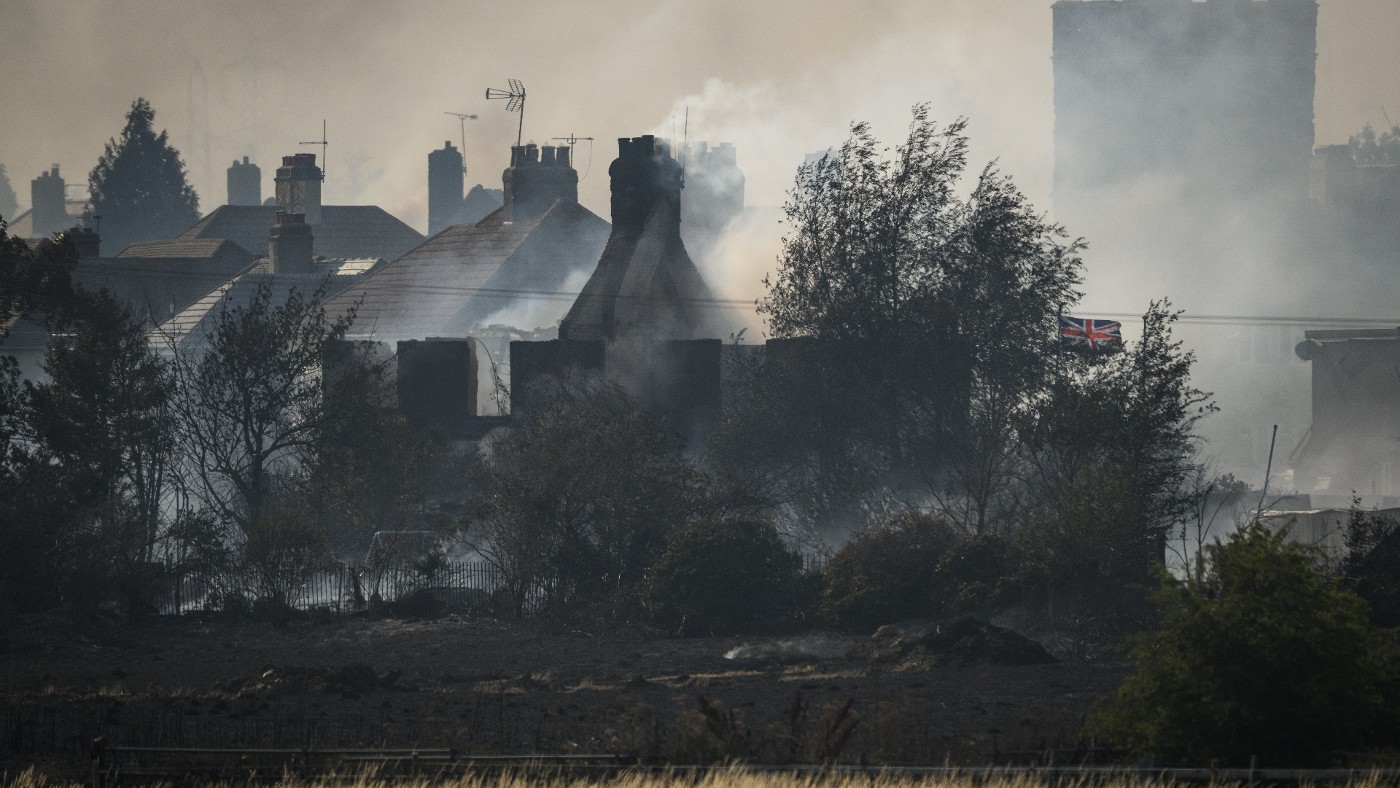 When will the next record-breaking heatwave hit Britain?
When will the next record-breaking heatwave hit Britain?Today's Big Question Expert warns that yesterday’s high temperatures are ‘just the beginning’
-
 Is the UK facing a water shortage?
Is the UK facing a water shortage?Today's Big Question Restrictions may be introduced later in the summer if there is below-average rainfall
-
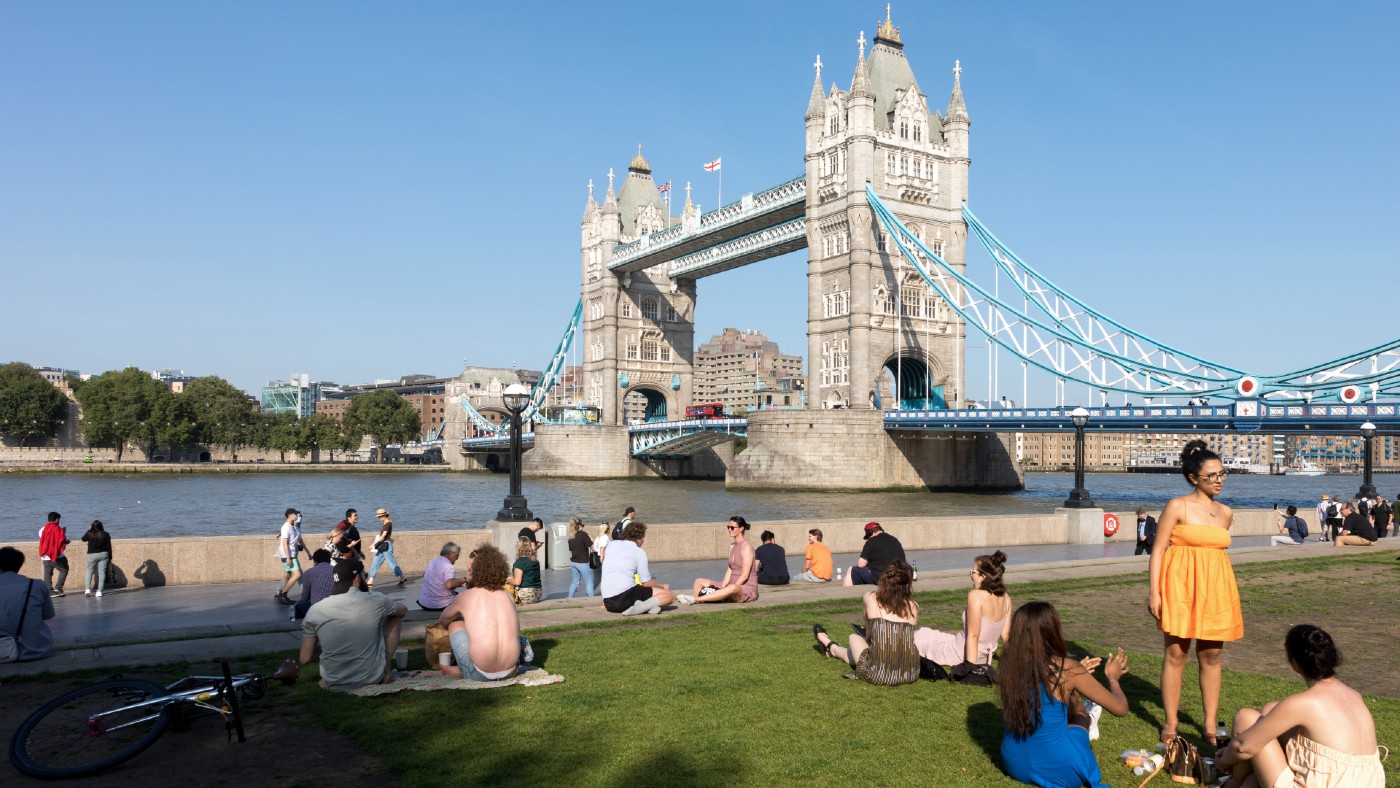 Why do heatwaves in the UK feel hotter than abroad?
Why do heatwaves in the UK feel hotter than abroad?In the Spotlight While the heat can be welcome when you’re on holiday, it can feel unbearable at home
-
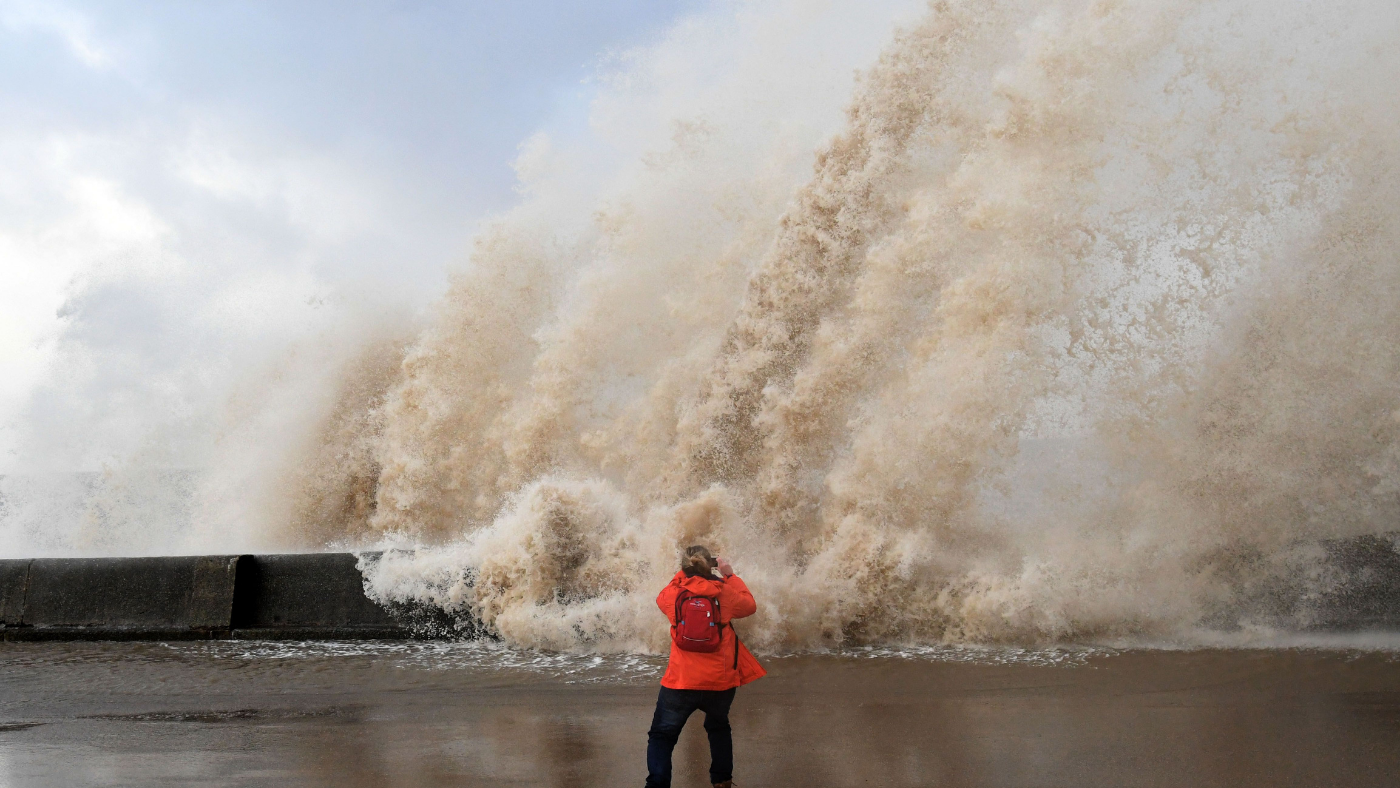 The worst storms ever to have hit the UK
The worst storms ever to have hit the UKIn Pictures Wild weather has always caused death and destruction in Britain